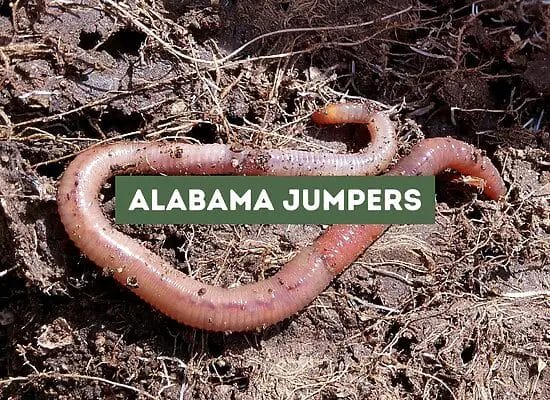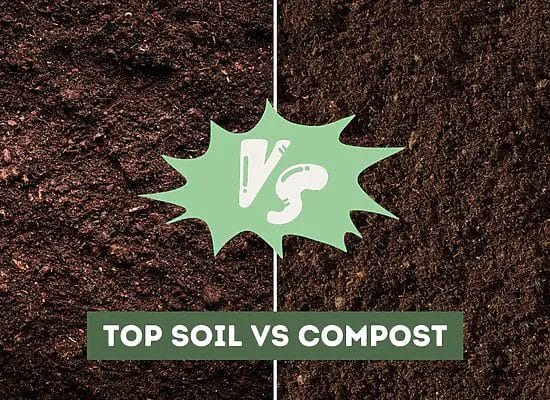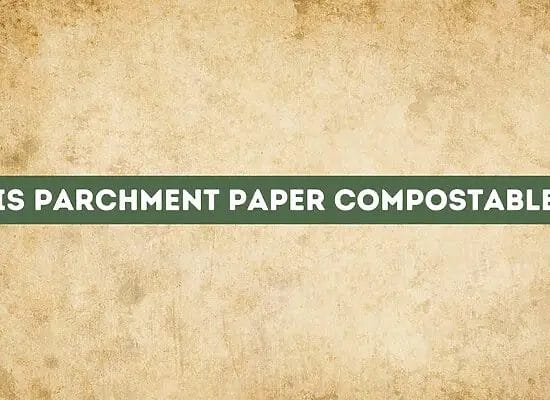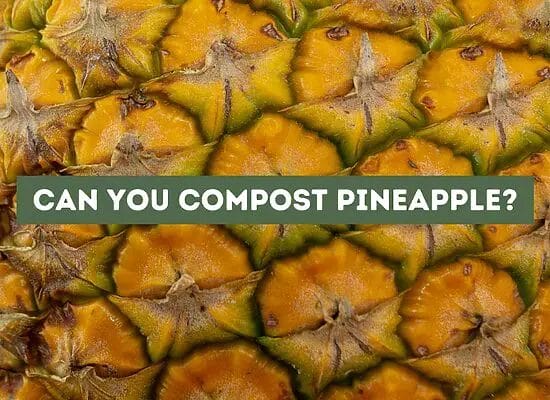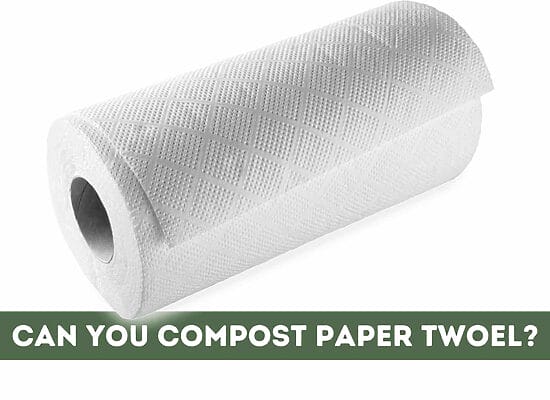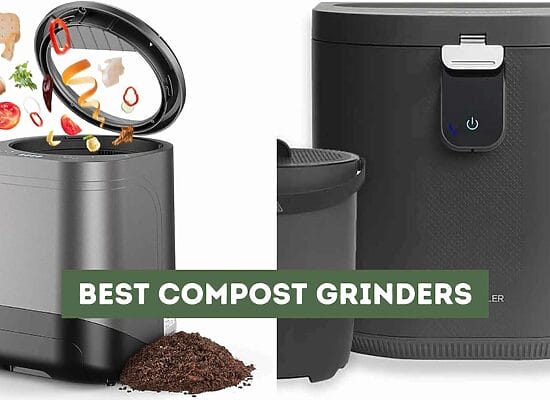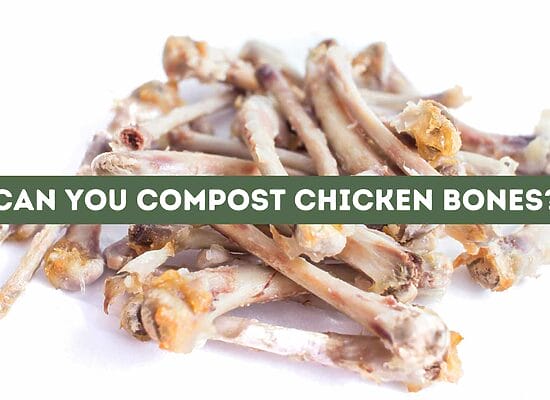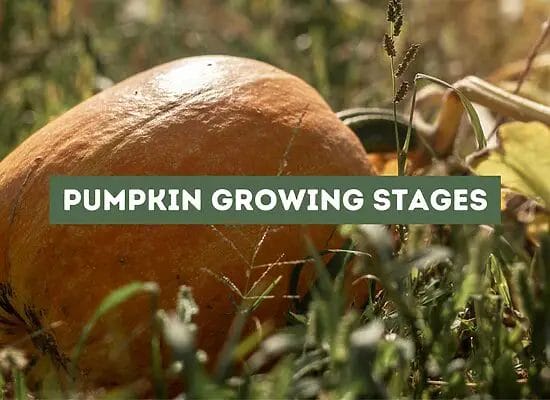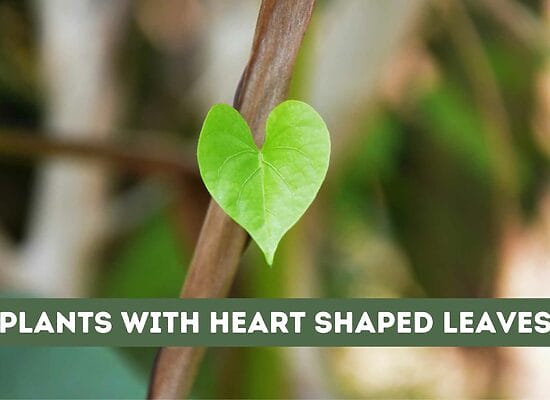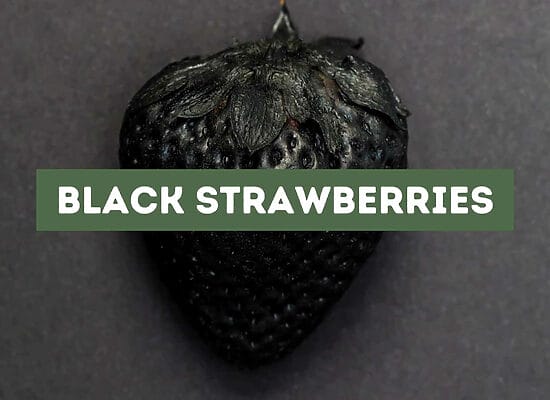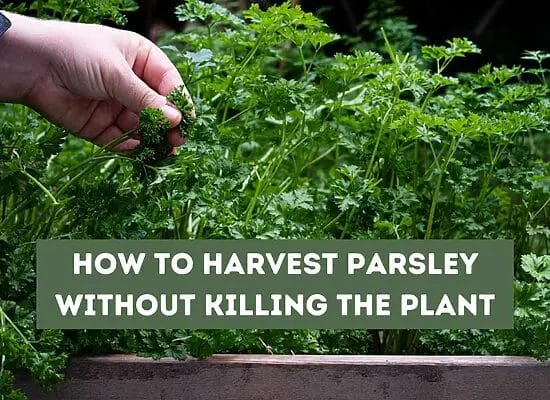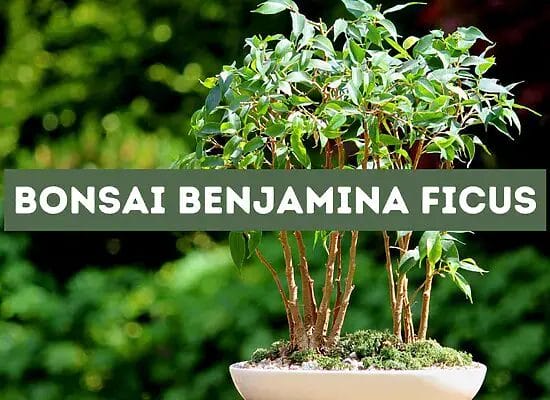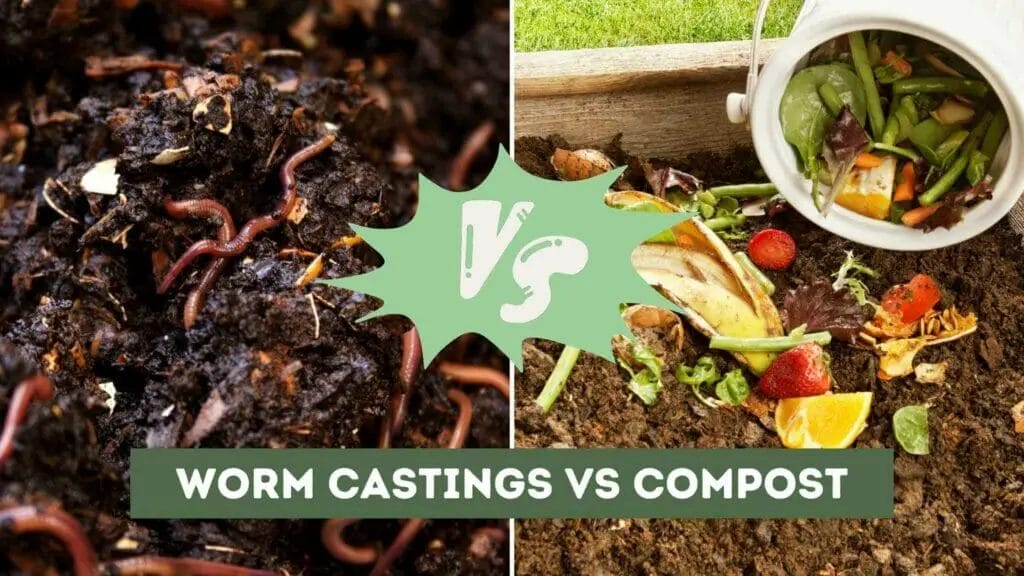
Are you looking to enrich your soil and boost your plant growth? If so, you may have heard of both worm castings and compost as viable options. While both are organic and nutrient-rich, there are some key differences between worm castings vs compost.
Compost is a traditional method of breaking down organic matter into a nutrient-rich soil amendment. On the other hand, worm castings are the result of vermicomposting, which is the process of using worms to break down organic matter.
While compost is produced through decomposition, worm castings are the by-product of both decomposition and digestion by worms. This means that worm castings tend to have a higher concentration of beneficial microorganisms and nutrients than traditional compost.
So, which is better for your garden? It ultimately depends on your specific needs and preferences.
Key takeaways:
- Compost is the result of decomposing organic matter, while worm castings are the excrement of earthworms that have digested organic matter.
- Worm castings tend to have a higher concentration of beneficial microorganisms and nutrients compared to regular compost.
- The nutrient content of worm castings is generally higher than that of compost, including nitrogen, phosphorus, and potassium.
- Composting relies on microorganisms to break down organic matter, while vermicomposting uses worms to enhance the decomposition process.
- Both compost and worm castings can be beneficial for improving soil health and plant growth, but worm castings are often considered more concentrated and biologically active.
- The process of making compost involves decomposition and can take months to years, depending on the method used.
- Vermicomposting requires creating a worm bin and adding bedding material and composting worms to facilitate the breakdown of organic matter by worms.
Worm Castings vs Compost: What’s the Difference?
When it comes to organic gardening, compost, and worm castings are two popular options for improving soil health. While both can be beneficial, they have some key differences that you should be aware of. Here’s what you need to know:
Definition of Compost
Compost is a mixture of decomposed organic matter, such as leaves, grass clippings, and food scraps. This material is broken down by microorganisms and other organisms, resulting in a nutrient-rich soil amendment.
Definition of Worm Castings
Worm castings, also known as vermicompost, are the excrement of earthworms. As the worms digest organic matter, they produce a nutrient-rich material that is highly sought after by gardeners.
The Nutrient Content of Compost and Worm Castings
Both compost and worm castings are rich in nutrients that plants need to grow, such as nitrogen, phosphorus, and potassium. However, worm castings typically have higher levels of these nutrients compared to regular compost. Additionally, worm castings are coated in beneficial bacteria that can help improve soil health.
Composting vs Vermicomposting
Composting and vermicomposting are two different methods of producing organic soil amendments. Composting relies on microorganisms and other organisms to break down organic matter, while vermicomposting uses earthworms to do the job. While both methods can produce nutrient-rich soil amendments, vermicomposting tends to produce a more concentrated and biologically active material.
Fun Fact: Did you know that earthworms can eat up to their own body weight in organic matter each day? That’s a lot of waste being turned into valuable soil amendments!
How Compost is Made
Composting is a natural process that involves the decomposition of organic matter into a nutrient-rich soil amendment. There are several methods of composting, but the two most common are traditional and hot composting.
Traditional Composting Process
The traditional composting process involves layering organic matter, such as leaves, grass clippings, and kitchen scraps, in a compost pile or bin. The pile is then left to decompose over time, with occasional turning to aerate the compost and promote decomposition.
Bedding materials, such as straw or shredded newspaper, can be added to the compost pile to help maintain moisture levels and provide a habitat for microorganisms. Manure can also be added to the compost pile to introduce beneficial bacteria and speed up the decomposition process.
Hot Composting Process
Hot composting is a faster method of composting that involves creating a compost pile with a specific ratio of carbon-rich and nitrogen-rich materials. The ideal ratio is 30 parts carbon to 1 part nitrogen.
To achieve this ratio, carbon-rich materials such as dried leaves, straw, or shredded newspaper are mixed with nitrogen-rich materials such as grass clippings or kitchen scraps. The pile is then moistened and turned regularly to promote aeration and decomposition.
The high temperatures generated by the decomposition process in a hot compost pile can kill weed seeds and pathogens, resulting in a finished compost that is free of harmful bacteria.
Finished Compost
When the composting process is complete, the finished compost can be used as a soil amendment to improve plant growth. The compost can be added to garden beds or used as a top dressing for lawns.
Compost is a natural fertilizer that provides nutrients to plants in a slow-release form, promoting healthy growth over time. It also improves soil structure and water retention, making it an ideal soil amendment for gardeners.
Fun Fact: Did you know that compost takes anywhere from 2 months to 2 years to fully decompose, depending on the method used?
How Worm Castings are Made
If you’re looking for an organic and nutrient-rich soil amendment, worm castings might be just what you need. But how are they made? In this section, we’ll take a closer look at the vermicomposting process and the role of worms and microorganisms in creating this valuable soil amendment.
Vermicomposting Process
Vermicomposting is the process of using worms to break down organic matter into nutrient-rich worm castings. To create worm castings, you’ll need a worm bin or worm farm. You can purchase a pre-made worm bin or create your own using a container with holes for aeration.
To get started, you’ll need to add bedding material to the bin. This can include shredded newspaper, cardboard, or other organic material. Next, add some composting worms, such as red wigglers, to the bin. The worms will eat the organic material and excrete worm castings.
The Role of Worms in Vermicomposting
Worms play a crucial role in the vermicomposting process. They break down organic matter and excrete nutrient-rich worm castings. Worms also help to aerate the compost, which provides oxygen to the microorganisms that break down the organic matter.
What Worms Eat
Composting worms eat a variety of organic material, including kitchen scraps, grass clippings, and leaves. They can also eat manure and other organic waste. It’s important to avoid adding meat, dairy, and oily foods to the worm bin, as these can attract pests and create unpleasant odors.
The Role of Microorganisms in Vermicomposting
Microorganisms, such as bacteria and fungi, also play an important role in the vermicomposting process. They break down the organic matter into smaller pieces that the worms can eat. The microorganisms also help to create a healthy environment for the worms by breaking down harmful substances and providing beneficial nutrients.
Fun Fact: Did you know that worm castings contain five times more nitrogen, seven times more phosphorus, and 11 times more potassium than traditional compost?
FAQ:
What is the difference between worm castings and compost?
The main difference between worm castings and compost is that worm castings are the end product of vermicomposting, which is a type of composting that uses worms to break down organic material. Worm castings contain more nutrients than regular compost, making them a better choice for use as an organic fertilizer.
What is vermicompost vs traditional compost?
Vermicomposting is a type of composting that uses worms to break down organic material into nutrient-rich soil amendments, while traditional composting requires hot or cold temperatures to decompose the material. Vermicomposting produces pure worm castings, which are much higher in nutrients than standard compost.
Is it better to use worm castings or regular compost?
Worm castings are generally considered to be superior to regular compost because they contain more nutrients and can improve the soil structure. They are also less expensive than regular compost.
Can I buy pure worm castings instead of a compost bin?
Yes, you can purchase pure worm castings from Uncle Jim’s Worm Farm or other suppliers. These are usually sold in bags and can be added directly to your garden without needing a separate compost bin.
How do I make sure I’m getting pure worm castings rather than just regular dirt with some worms mixed in?
You should look for suppliers who specialize in producing pure worm castings. Uncle Jim’s Worm Farm has been producing high-quality, organic worm castings since 1982. They also offer test results on their website so you can see exactly what you’re getting.
What ratio of worm castings should I mix with my soil when planting?
The ratio of worm castings to soil will depend on what type of plant you’re growing and how much existing soil fertility there is. Generally speaking, you should aim for a 1:1 ratio of worm castings to soil.
Does using only pure worm castings as opposed to a mixture with other types of compost make any difference?
Yes, using only pure worm castings as opposed to a mixture with other types of compost will make a big difference in terms of nutrient availability for your plants. Pure worm castings contain more nitrogen, phosphorus, and potassium than other types of organic fertilizer.
Are there any benefits to using finished compost instead of just adding fresh materials like worms need?
A: Yes, there are several benefits to using finished compost instead of just adding fresh materials like worms need. Finished compost contains beneficial microbes that help break down the materials faster and provide additional nutrients for your plants. It also helps improve the soil structure by providing air pockets for roots to grow into.
Do I need both vermicompost and regular compost or can I just use one or the other?
You can use either vermicompost or regular (traditional)compost, depending on your needs. Vermicompost tends to be higher in nutrients, so it may be preferable if you want something that will give your plants an extra boost. However, if you’re looking for something cheaper, then traditional hot (or cold ) compost might be the better option.
Is it possible to turn the Compost or Worm Castings faster?
Yes, it is possible to speed up the process by adding more oxygen. This can be done by turning the pile regularly or aerating it with a pitchfork. Additionally, adding moisture and ensuring proper temperature levels will help speed up decomposition.
Are there any differences between pure Worm Castings vs Compost ?
While both products have similar benefits, such as improving soil structure, increasing water retention capacity, and providing essential nutrients, there are some key differences between pure Worm Castings vs Compost . Pure Worm Castings tend to contain more nitrogen, phosphorus, calcium, magnesium, copper, iron, and zinc than standard Compost. Furthermore, they tend to be more expensive than regular Compost but require less time for preparation before being applied directly onto soils.

